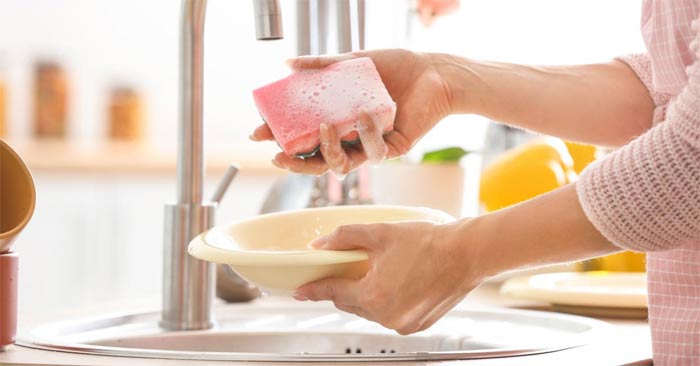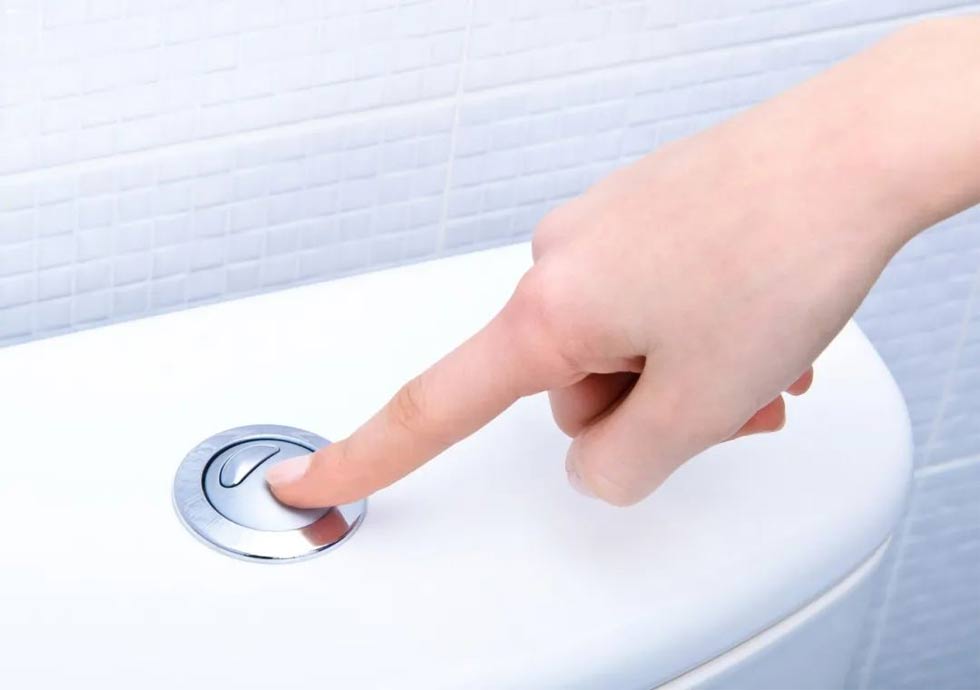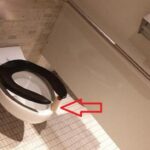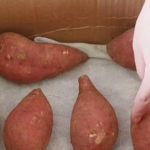Everyone strives for a clean and healthy lifestyle daily. However, many common habits perceived as hygienic can actually pose hidden health risks.

Surprising Habits That May Harm Your Health
Rinsing Raw Meat Under Running Water
Raw meat often harbors harmful bacteria like Salmonella and E. coli. Rinsing it under running water can splash contaminated droplets onto knives, cutting boards, or utensils, leading to cross-contamination and increasing the risk of foodborne illnesses.
Instead, soak raw meat in a bowl of water and gently rub its surface to avoid splashing.
Wrapping Food in Paper Towels
When no food storage bags are available, many opt for paper towels. This practice is highly discouraged!
Standard paper towels are not food-grade and contain chemicals like fluorescent agents and bleach. Direct contact with food can pose health risks. Always use food-safe wrap or fresh-keeping bags for storage.

Wiping Tables Frequently with a Cloth
Cleaning cloths are breeding grounds for bacteria. Without regular cleaning and disinfection, they accumulate bacteria, mold, and other pathogens. Using such cloths spreads germs to surfaces, contaminating utensils and food, and elevating disease risks.
Ensure cleaning cloths are clean. Boil them in water with a bit of lye for 5 minutes every 3–4 days, and replace them every 2–3 months.
Making the Bed Immediately After Waking Up
Making the bed right after waking up seems tidy, but it’s unhygienic.
During sleep, the body sheds sweat and skin flakes, which accumulate on bedding. Making the bed traps moisture and dirt, fostering bacterial growth.
Instead, turn down the covers, open windows for ventilation, and allow moisture to dissipate before making the bed or airing it out.

Flushing the Toilet Mid-Use
Some flush mid-use to avoid odors or stains, but this poses significant health risks.
Flushing generates aerosolized particles containing bacteria and viruses, which can linger in the air for hours and be inhaled, causing respiratory infections. Open lids also spread bacteria to nearby surfaces and people, leading to cross-contamination.
Always close the lid before flushing and wash hands promptly after using the toilet to protect yourself and your family.
The Ultimate Guide to Drying Your Shoes: Quick Fixes for Rain-Soaked Feet
Introducing the ultimate guide to drying your shoes quickly! Wet shoes are not only uncomfortable, but they can also lead to unpleasant odors, foot fungus, and even aggravate joint pain. With these easy-to-follow tips and tricks, you’ll never have to worry about damp shoes again. Learn how to keep your feet happy, healthy, and dry with just a few simple steps. Say goodbye to soggy shoes and hello to comfort and confidence!



































